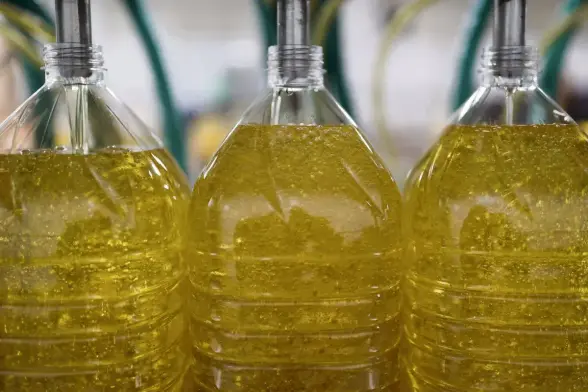🔴 Scandale sanitaire dans l’industrie agroalimentaire : du pétrole dans vos huiles... et des conflits d'intérêt avec le Président de la FNSEA.
Un rapport de mission parlementaire et une enquête notamment lancée par Greenpeace mettent la lumière sur un nouveau scandale sanitaire de l'industrie agro-alimentaire : l'hexane.
Un produit toxique, dérivé du pétrole, utilisé dans la fabrication des huiles que vous consommez.
Lesieur, Puget, et d'autres grandes marques utilisent ce produit toxique pour la fabrication de leurs huiles.
Le problème ? L'hexane est reconnu comme neurotoxique, potentiel perturbateur endocrinien et reprotoxique.
Pas de panique nous dirait-on : un institut scientifique travaille d'arrache-pied sur la question pour déterminer la dangerosité de l'hexane et les alternatives !
Oui mais...
Vous connaissez Avril ? Le géant de l’industrie agroalimentaire, 1er producteur d’huiles végétales en France, notamment propriétaire de Lesieur et Puget, et 1er utilisateur d’hexane en France.
Vous connaissez Arnaud Rousseau ? Président du groupe Avril... mais aussi le Président de la FNSEA ?
L'institut scientifique qui travaille sur les questions est rempli de membres du groupe Avril.
Un problème reconnu par les rapporteurs de l'Assemblée nationale eux-mêmes, dont Richard Ramos, comme de gros nids à conflits d'intérêt, qui ne permettent pas d'avancer dans le sens de l'intérêt général sur ce sujet.
Il y a urgence à faire la lumière sur ce sujet et à faire bouger les industriels : des alternatives existent !
#FNSEA #Avril #Hexane





